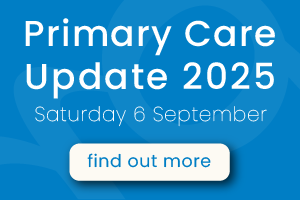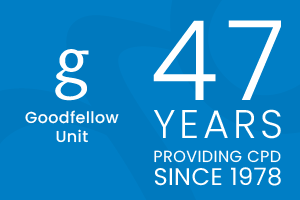
Megan Ogilvie discusses women's libido including menopausal hormone treatment, and testosterone supplementation.
Topics
-
Play now
-
Play now
-
Play now
-
Play now
-
Play now
-
Play now
-
Play now
-
Play now
-
Play now
-
Play now
-
Play now
-
Play now
-
Play now
-
Play now
-
Play now
-
Play now
-
Play now
-
Play now
-
Play now
Take home messages
Resources
Patient Resources
Presenter

Megan Ogilvie
Endocrinologist
Megan graduated from University of Auckland and completed specialist endocrine training in Auckland. She undertook postgraduate training at St Bartholomew’s Hospital and subsequently at Middlesex Hospital in London. Megan joined Fertility Associates in 2004 working in the areas of both general and reproductive endocrinology with particular interests in polycystic ovarian syndrome (PCOS), amenorrhoea, menopause and gonadal dysgenesis.



